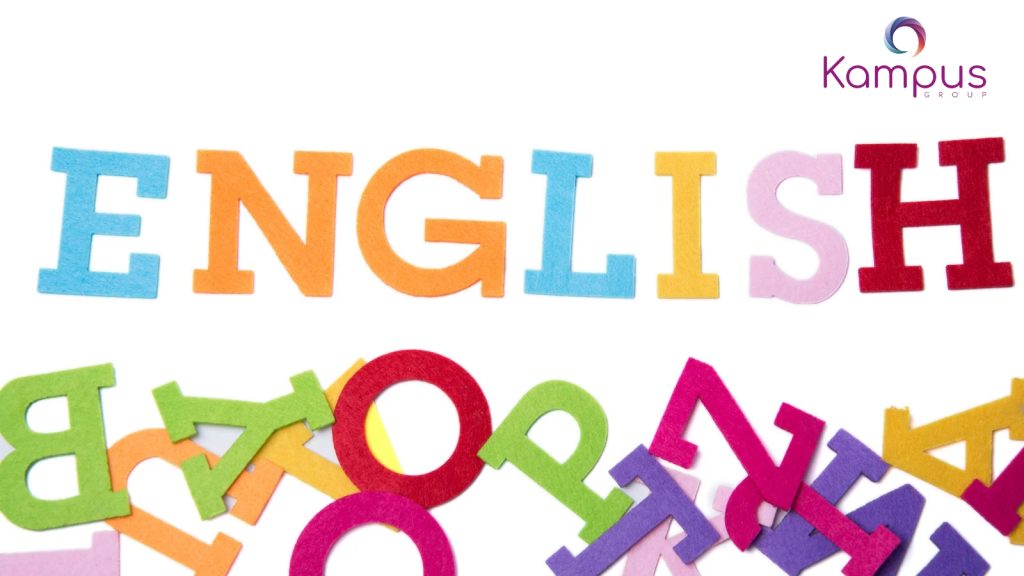Did you know English doesn’t use gendered nouns the same way other languages like French, German, or Spanish do? While English is largely gender-neutral, there are still some gendered terms especially when referring to people or animals. This guide will walk you through masculine and feminine words in English, explain how gender works in language, and offer tips on using gender-inclusive terms, especially useful for the IELTS Writing and Speaking tests.
What Is Gender in Language?
In linguistics, gender refers to a way of classifying nouns. Some languages assign grammatical gender—male, female, or neutral—to nearly every noun, including inanimate objects. English, on the other hand, relies mostly on natural gender—based on the actual sex of the person or animal.
Grammatical vs. Natural Gender
- Grammatical gender: A classification system for nouns, often unrelated to biological sex (e.g., “la table” is feminine in French).
- Natural gender: Based on actual sex or gender identity (e.g., “boy” = male, “girl” = female).
Are There Masculine and Feminine Words in English?
Generally, English nouns are gender-neutral (e.g., “teacher,” “parent,” “child”). However, some words still reflect traditional gender roles.
| Masculine | Feminine | Gender-Neutral |
|---|---|---|
| man | woman | person |
| father | mother | parent |
| boy | girl | child |
| uncle | aunt | relative |
| waiter | waitress | server |
| actor | actress | actor |
| prince | princess | royal |
Use gender-neutral words like “server” instead of “waiter/waitress” in Writing Task 2 or Speaking Part 3 to sound more inclusive and modern.
Why Is a Ship Called “She”?
In poetic or traditional English, certain objects like ships, countries, and cars are sometimes referred to as “she.” For example:
“The Titanic was magnificent—she was truly a marvel of engineering.”
While charming, this usage is fading due to its gendered nature. Modern English prefers neutral terms like “it.”
Gender in Other Languages
Other languages assign gender even to inanimate objects:
- German: der Löffel (spoon – masculine), die Gabel (fork – feminine), das Messer (knife – neutral)
- Italian: il bambino (boy – masculine), la bambina (girl – feminine)
- Irish: cailín (girl – masculine!), stail (stallion – feminine!)
What Is Gender-Inclusive Language?
Gender-inclusive language avoids bias toward a particular sex or gender. It’s especially important in formal writing and speech, like in IELTS.
| Gendered Term | Inclusive Alternative |
|---|---|
| fireman | firefighter |
| policeman | police officer |
| chairman | chairperson or chair |
| actress | actor |
| stewardess | flight attendant |
| mankind | humankind or humanity |
| mailman | postal worker or mail carrier |
| boyfriend/girlfriend | partner or significant other |
The word “freshman” is being replaced in many universities by “first-year student” to promote inclusivity.
Quick Exercise: Can You Solve This?
“A father and son are in a car accident. The father dies. The boy is rushed to the hospital. The surgeon looks at him and says, ‘I can’t operate on this boy—he’s my son.’ How is this possible?”
Answer: The surgeon is his mother.
Many people struggle with this riddle due to gender stereotypes. It’s a great reminder of the importance of inclusive thinking.
Using Gender-Inclusive Language in IELTS
In the IELTS Writing and Speaking tests, inclusive language can demonstrate:
- Awareness of modern usage
- Sociolinguistic competence
- Precise vocabulary control
For example:
Wrong: “Firemen risk their lives every day.”
Right: “Firefighters risk their lives every day.”
FAQs: Feminine and Masculine Words in English
Does English have grammatical gender?
No, English does not assign grammatical gender to most nouns. It relies on natural gender.
Is it wrong to use words like “actress” or “chairman”?
Not necessarily, but many modern institutions prefer gender-neutral alternatives like “actor” or “chairperson” to promote equality.
Is it okay to refer to a ship as “she”?
It’s acceptable in poetic or historical contexts, but in formal or academic writing (like IELTS), it’s better to use “it.”
Why should I use gender-neutral language in IELTS?
Because it shows awareness of contemporary language use and social sensitivity—key for achieving a high band in the IELTS Speaking and Writing sections

